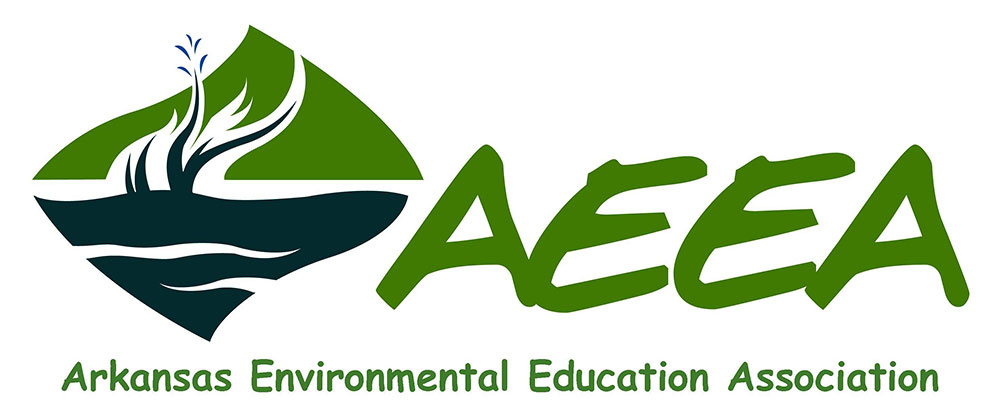AEEA provides mini-grants to schools and nonprofit organizations that are providing environmental and outdoor education around the state. Learn about the three 2023 recipients below and the inspiring work they are conducting.
Formal Education – Mann Magnet Middle School, Little Rock
Project: Native Plant Garden
Monica Woods, AEEA Board Member, and Jackie Scott, Mann Middle School Magnet teacher and project lead
Mann Magnet Middle School has an established native plant garden that was affected by the pandemic and it needs to be renovated. Jackie Scott, the garden program’s teacher, says students will be redesigning the bed with native bushes and ferns. The school lab program will be observing pollinators and other organisms, contributing data to a variety of citizen science projects. Students will start saving seeds from the native space to take home to plant or to begin to share with the community.
Objectives for the students include:
- Describe native plants and their importance to the environment.
- Evaluate what plants can be added to the native garden space.
- Explain his/her plant that he/she wants to add.
- Explain what pollinators would use the chosen plant.
- Create a plan to plant all items.
Formal Education – Woodland Junior High School, Fayetteville
Project: Forestry Analysis Through Drones
David McClure, Principal; Jon Bukont, Science/Tech/Engineering/Math Teacher and project lead; Shawn Bell, AEEA Mini-Grant Team member; Faebyan Whittle, AEEA Board member; and Sophia Stephenson, AEEA Executive Director
This project will use drones to allow students to examine forestry surveying techniques. Students will be trained in drone flight techniques and will use this training to analyze forest diversity and changes in urban areas.
The added benefit of exposing students to how urban development changes the composition of natural spaces is showing them career opportunities in drone flight. This project will extend beyond the timeline of the grant, as the equipment is durable, and can be used by students over several years.
Non-formal Education – Arco Iris, Huntsville
Project: Indigenous-Led Conservation Education
Elise Ashworth, Arco Iris Secretary; Mario DeColores, Wild Magnolia Ranger; and Faebyan Whittle, AEEA Board Member
Through a curriculum centered on native plants and the ecology of forests, the Arco Iris Earth Project Indigenous-Led Conservation Education’s goal is to teach and provide a space for Students of Color to engage in critical thinking, problem-solving, and decision-making skills to identify and help resolve environmental challenges while also building relationships with themselves, their peers, and Mother Nature. Arco Iris’ 2023 youth environmental education programming will focus on serving Youth of Color from working class families in Northwest Arkansas and specifically Newton County, Arkansas. The organization is led by working class Latino and indigenous People of Color, and is a cornerstone of the organization’s mission to teach healthy sustainable living skills to our community.
Objectives for the program include:
- Engaging in outreach in local schools in both Spanish and English to reach Families of Color looking to experience nature and develop environmental literacy in a BIPOC safe space.
- Deepen environmental literacy among Children of Color by sparking curiosity about the natural world, increasing knowledge about native plants and invasive species, and providing students with a systems knowledge of forest ecology.
- Ground students in indigenous environmental ethics, indigenous science, and Traditional Ecological Knowledge; foster comfort among Children of Color and their families in outdoor settings.
- Help students to grow curiosity about our natural world.
- Provide a positive space for families and children to deepen their bonds with one another and experience joy.
- Encourage and inspire students to pursue conservation as a career and passion.
- Provide a positive and empowering example to People of Color leading a conservation organization.
For more details about the mini-grant program, see the EE Funding page.
